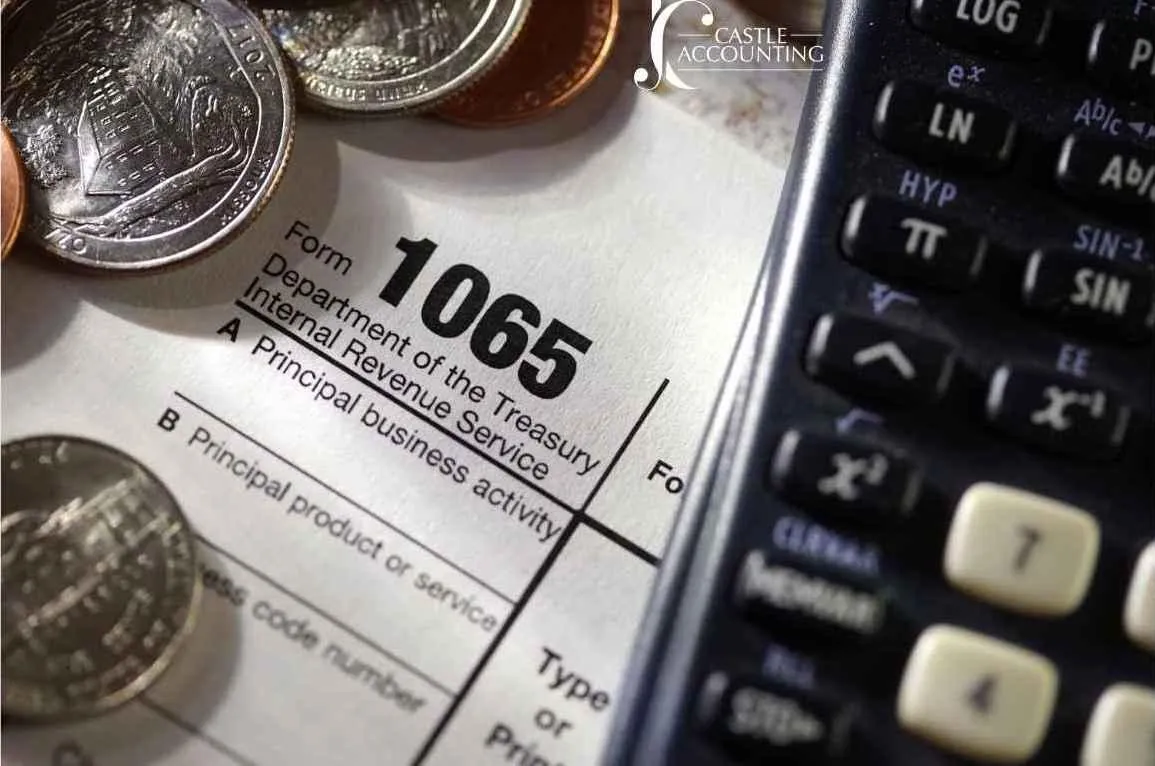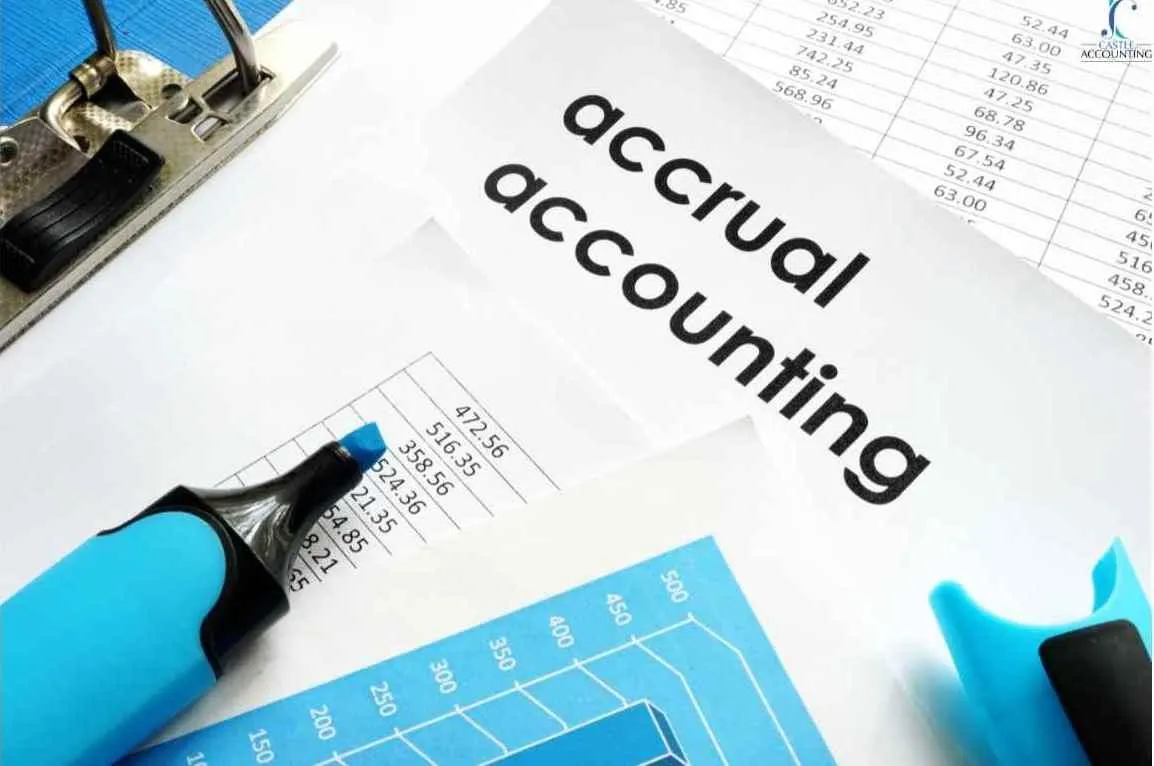
Everything You Need to Know About Major Tax Forms: 1065 tax form and more
Tax season is here, and dealing with tax forms can feel overwhelming. Whether you run a business, work for a non-profit, or are an individual filing taxes, knowing about these forms is key. This guide will help you understand the differences between 1065, 1120, 1023, 1040 schedule c, and 1120s form. This knowledge will help you make smart choices and manage your taxes better.
Choosing the right tax form can greatly affect your taxes and financial plans. By understanding these forms, you can make better decisions and feel more confident about your taxes. Are you ready to learn how to pick and use tax forms wisely?
Key Takeaways
Understand the key differences between 1065, 1120 tax form, 1023, 1040, and 1120s tax forms
Learn who should file each form and the implications of your choice
Discover strategies to maximize your tax savings and compliance
Explore the role of these tax forms in your overall financial planning
Gain insights to make informed decisions and stay ahead of the curve
Understanding the Tax Form 1065
What is Form 1065?
Form 1065 is the tax return for partnerships in the U.S. It reports the income, gains, losses, deductions, and credits from the partnership's work. The partnership itself doesn't pay taxes. Instead, the income or loss goes to the individual partners. They then report their share on their tax returns.
Who Should File Form 1065?
Businesses that are partnerships must file Form 1065. This includes general partnerships, limited partnerships (LPs), limited liability partnerships (LLPs), and joint ventures. Sole proprietorships and single-member LLCs don't file Form 1065. They are seen as disregarded entities and report their income on the owner's tax return (Form 1040, Schedule C).
The partnership tax return requirements in Form 1065 make sure the income, gains, losses, deductions, and credits are correctly reported. This is key for filing the 1065 tax form and the partnership tax return accurately.
"The partnership itself does not pay income tax, but the income or loss is 'passed through' to the individual partners, who report their share of the partnership's income or loss on their individual tax returns."
In summary, Form 1065 is vital for partnerships. It helps in reporting and sharing the partnership's financial info with the individual partners. Knowing how to use and meet the needs of the Form 1065 is crucial for any partnership business.
1065 tax form: Key Considerations
Partnerships must give the Internal Revenue Service (IRS) a lot of information with the 1065 tax form. This form, called the "U.S. Return of Partnership Income," helps report income, deductions, credits, and more. It's key to know the 1065 tax form's needs, how to fill it out, and when it's due to avoid fines.
The 1065 tax form must be sent in by the 15th day of the 3rd month after the tax year ends. This is usually March 15 for partnerships that use a calendar year. Sometimes, partnerships also need to send Schedule K-1 to report each partner's share of income and other items.
To fill out the 1065 tax form right, partnerships should look at the IRS instructions closely. These cover many topics, like:
Reporting partnership income and deductions
Figuring out credits and other tax items
Sharing income, deductions, and credits among partners
Providing the needed documents
Not following the 1065 tax form rules can lead to penalties and other bad outcomes for the partnership. So, it's very important for partnerships to know the form's rules and deadline well. This helps with a smooth and correct tax filing.
1065 Tax Form Requirement Description Filing Deadline The 1065 tax form must be filed by the 15th day of the 3rd month after the tax year ends (usually March 15 for calendar year partnerships). Reporting Income, Deductions, and Credits Partnerships must report their income, deductions, and credits on the 1065 tax form, giving detailed financial info to the IRS. Allocation to Partners Partnerships must share the income, deductions, and credits on the 1065 tax form among partners using Schedule K-1. Supporting Documentation Partnerships must give the needed documents, like receipts and invoices, to back up the info on the 1065 tax form.
Knowing the 1065 tax form's rules, how to fill it out, and when it's due helps partnerships follow IRS rules and avoid tax filing problems.
Conclusion
Understanding tax forms like Form 1065, 1120, 1023 Form, 1040 Form, and 1120s form is key for businesses and individuals. It helps them meet their tax duties correctly. Knowing what each form needs ensures you follow federal tax laws and rules.
Whether you're dealing with a partnership, a corporate tax return, applying for tax-exempt status, or filing an individual or S corporation tax return, it's vital to know the forms and their rules. Being informed and proactive with tax matters can prevent mistakes, penalties, and issues with the IRS.
By diving into the details of these tax forms, you protect your finances, report accurately, and improve your tax planning. Take this chance to become a smart and responsible taxpayer. You'll be able to handle the tax world with confidence. Contact JC Castle Accounting today for expert assistance and ensure your tax forms are handled with precision and care!
FAQ
What is Form 1065?
Form 1065 is the U.S. tax return for partnerships. It reports the income, gains, losses, deductions, and credits from the partnership's work.
Who should file Form 1065?
Businesses that are partnerships must file Form 1065. This includes general partnerships, limited partnerships (LPs), limited liability partnerships (LLPs), and joint ventures. Sole proprietorships and single-member limited liability companies (LLCs) do not file this form.
What information is required on Form 1065?
Partnerships must give details like income, deductions, credits, and other financial info when filing Form 1065.
When is Form 1065 due?
The form is due by the 15th day of the 3rd month after the tax year ends (usually March 15 for calendar year partnerships).
What other forms might partnerships need to file?
Partnerships might also need to file Schedule K-1. This is to report each partner's share of the partnership's income, deductions, credits, etc.






